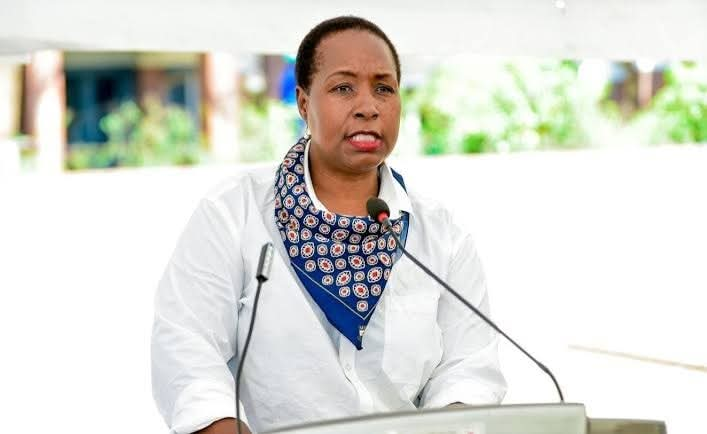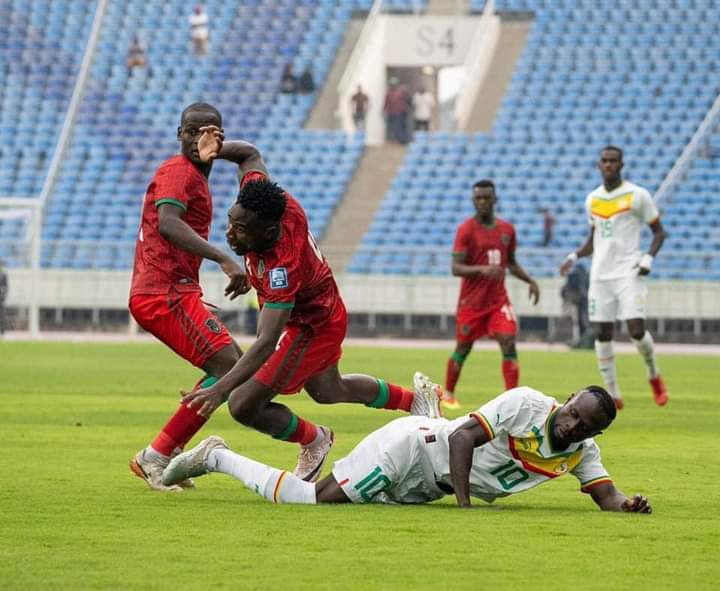UNAIDS has revealed that Malawi registered 12,000 new HIV infections last year, a significant portion of which were among the youth. This concerning trend comes as part of a broader global challenge in the fight against HIV, with 1.3 million new infections reported worldwide and 630,000 deaths attributed to HIV-related illnesses.
Winnie Byanyima, the Executive Director of UNAIDS, highlighted that sub-Saharan Africa continues to be the hardest hit, with 3,100 girls being newly infected with HIV every week. This includes Malawi, where youth remain disproportionately affected.
Speaking at a high-level panel discussion on global HIV/AIDS management and progress in Lilongwe, Health Minister Khumbize Kandodo Chiponda acknowledged the progress Malawi has made, despite the ongoing challenges. She explained that factors such as the country’s accumulated public debt, reduced donor funding, and the adverse impacts of climate change pose a significant threat to sustaining and advancing the nation’s HIV response efforts.
“Despite these challenges, we have made significant strides,” said Chiponda, noting that Malawi has successfully reduced HIV/AIDS-related deaths by 70 percent. Additionally, 98 percent of people living with HIV in the country are now receiving antiretroviral treatment.
However, Ishmael Phiri, Project Officer for the National Association for Young People Living with HIV, emphasized the need for local civil society organizations to receive adequate funding to sustain the progress made in the fight against HIV. Phiri called on the government to prioritize financial support for these organizations to ensure continued success in tackling the epidemic, particularly among the youth.
The discussion underscored the importance of collaborative efforts between government bodies, international organizations, and civil society groups to further reduce HIV infections and ensure that more individuals, especially the youth, are empowered with the resources and education to protect themselves from the virus.



